 |
| Deputy Prime Minister Tran Hong Ha made a statement clarifying some contents at the end of the question-and-answer session on issues related to natural resources and environment. (Photo: LINH NGUYEN) |
On the afternoon of June 4, at the end of the question-and-answer session on issues related to natural resources and environment, Deputy Prime Minister Tran Hong Ha participated in explaining a number of related issues.
Regarding the issue of construction materials, the Deputy Prime Minister said that there were previously regulations on decentralization to localities, however, there were still some problems with procedures and processes, which delayed the implementation process.
However, in response to practical requirements, in recent times, the Government and the Prime Minister have actively directed the resolution of construction material issues for key projects, as well as highway and traffic projects.
The Draft Law on Geology and Minerals also stipulates the division of minerals into 4 groups; in which the group of common construction materials will have simplified procedures, continuing to implement thorough decentralization.
“From now until the Law on Geology and Minerals takes effect, the National Assembly will also issue resolutions allowing specific mechanisms, including those related to extending and increasing the capacity of mines and simplifying procedures,” the Deputy Prime Minister stated.
Regarding the Mekong Delta, Deputy Prime Minister Tran Hong Ha said that the Prime Minister has visited the area twice. Accordingly, the current problem in this region is determining the reserves, capacity and demand of the exploitation progress. To solve this problem, we have made accurate forecasts of the progress and capacity that can be provided to determine the demand that needs to be provided.
Currently, the Ministry of Transport has conducted research and experimental evaluation of saline sand sources and issued technical standards and guidelines on mining technology, filling technology, assessment of physical and mechanical properties, material strength, and environmental impact.
“We also have steps to test each mining area and each project, and set criteria for using sea sand. This is a prerequisite,” said the Deputy Prime Minister.
 |
| National Assembly delegates question the Minister of Natural Resources and Environment. (Photo: LINH NGUYEN) |
In addition, according to the Deputy Prime Minister, the Government has also set targets and solutions for ports, inland waterways, rivers, canals and ditches, and will assign localities to evaluate, investigate and exploit, and implement routes to take advantage of this sand material source.
The Government and the Prime Minister have directed to supplement sand sources, including research and use of crushed stone, and import of sand materials from other countries. Thus, with many synchronous solutions, in the coming time, the problem of sand materials for projects will be well resolved.
Regarding the issue of rare earths, the Deputy Prime Minister said that the total amount of rare earths in Vietnam accounts for 18% of the world. In fact, the rare earth market has increased by about 4% per year since 2014 due to the demand for use in the fields of batteries, magnets, electric vehicles, and space applications. However, this is also a very complicated market, mainly because the big countries are operating this market. Therefore, the exploitation of this rare earth has been closely directed by the Government.
Accordingly, there has been a project to investigate and evaluate the reserves of rare earths, determine the principle of exploitation based on market supply and demand; meet the selection technology, and not export raw rare earths.
Regarding the management of solid waste and hazardous waste, the Deputy Prime Minister said that the Law on Environmental Protection 2020 is very comprehensive, complete and specific. From January 1, 2025, it requires careful preparation of public awareness and responsibility of management agencies, especially local authorities, in determining the conversion of waste into resources, building a circular economy, and absolutely not using landfills. The issue of classifying, reusing and converting waste into energy is an effective solution.
Source


![[Photo] Prime Minister Pham Minh Chinh chairs meeting of Steering Committee for key projects and railway projects](https://vstatic.vietnam.vn/vietnam/resource/IMAGE/2025/4/26/b9534596258a40a29ebd8edcdbd666ab)
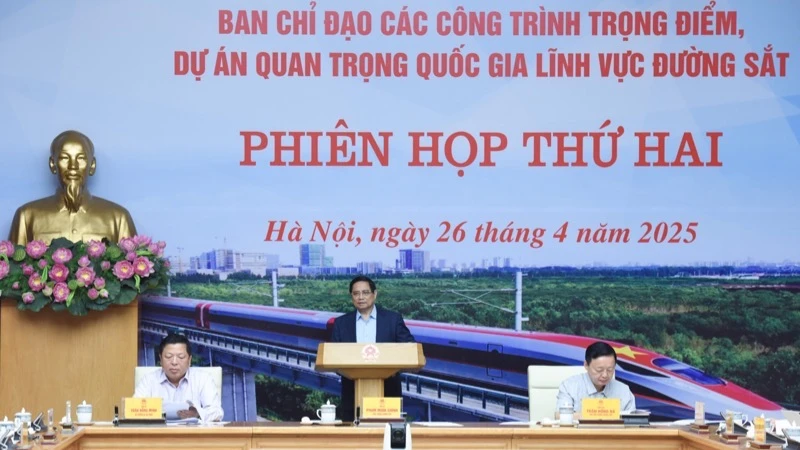

![[Photo] Readers' joy when receiving the supplement commemorating the 50th anniversary of the liberation of the South and national reunification of Nhan Dan Newspaper](https://vstatic.vietnam.vn/vietnam/resource/IMAGE/2025/4/26/283e56713da94988bf608393c0165723)
![[Photo] Ho Chi Minh City people's affection for the parade](https://vstatic.vietnam.vn/vietnam/resource/IMAGE/2025/4/26/7fcb6bcae98e46fba1ca063dc570e7e5)
![[Photo] Young people line up to receive the special supplement commemorating the 50th anniversary of the Liberation of the South of Nhan Dan Newspaper](https://vstatic.vietnam.vn/vietnam/resource/IMAGE/2025/4/26/9e7e624ae81643eba5f3cdc232cd07a5)
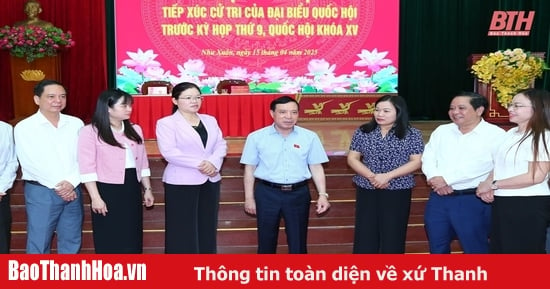
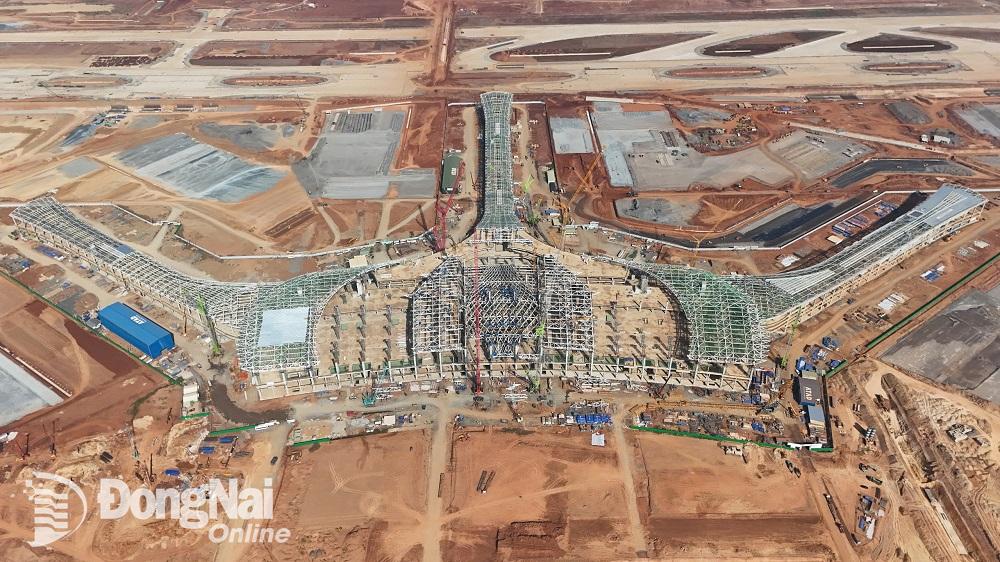

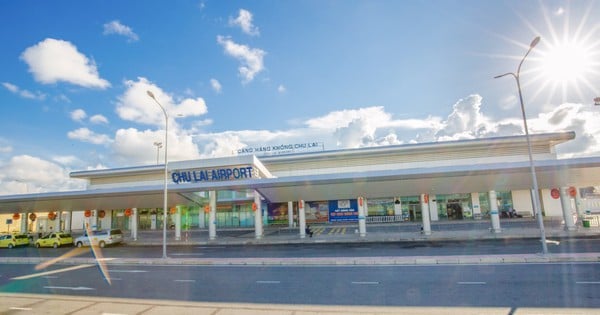

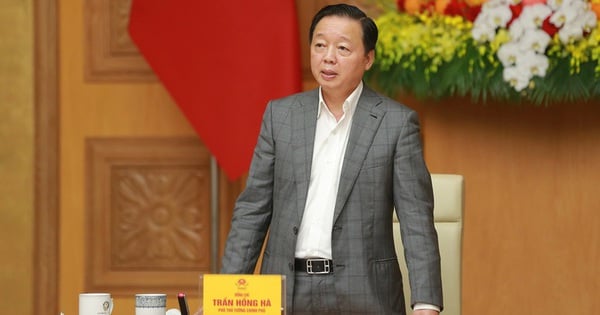
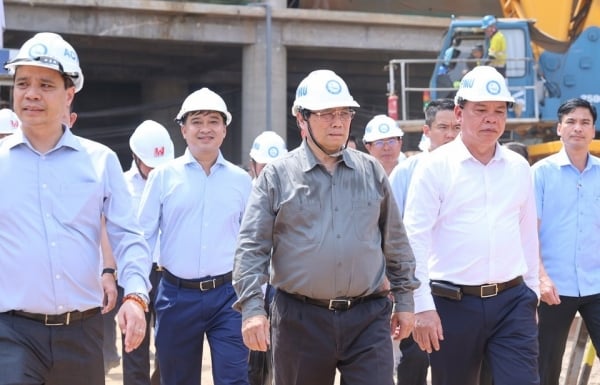

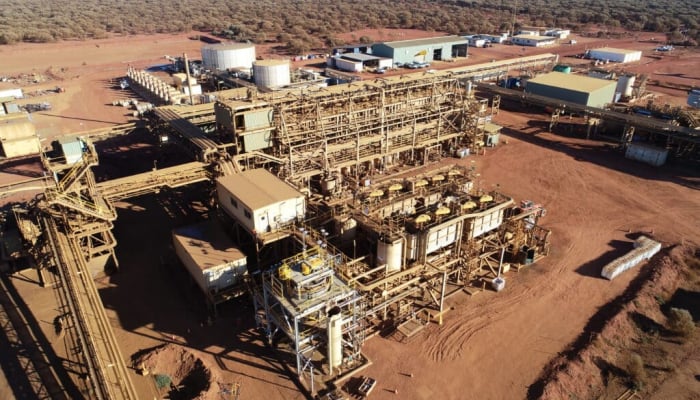

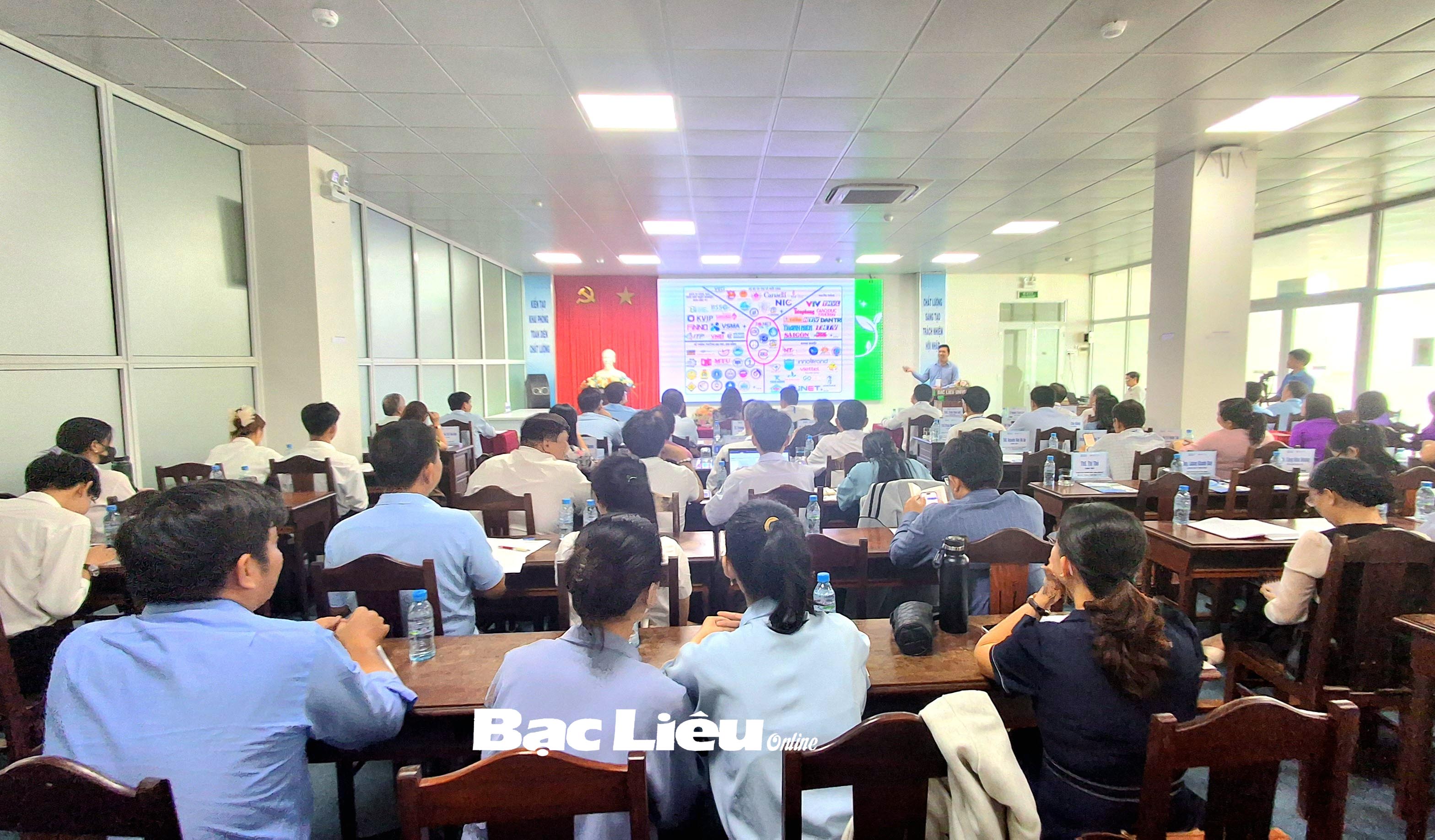
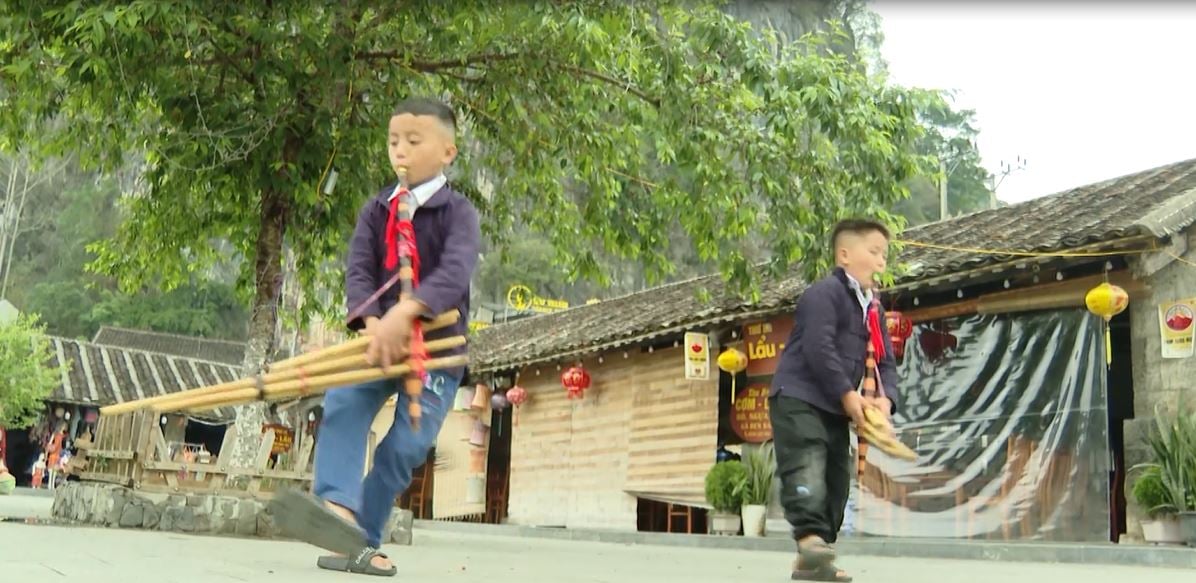
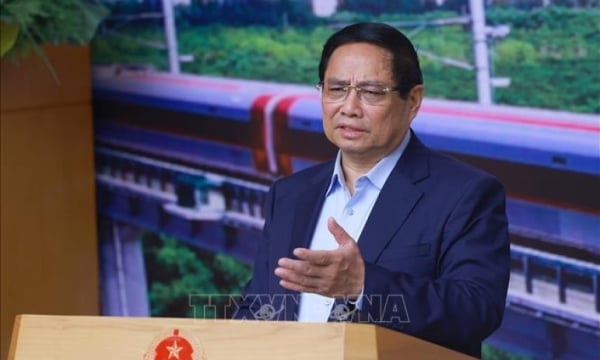

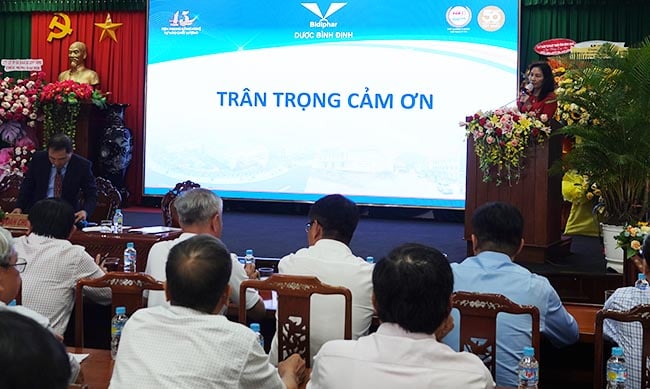
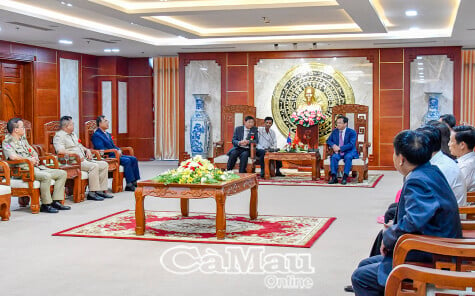
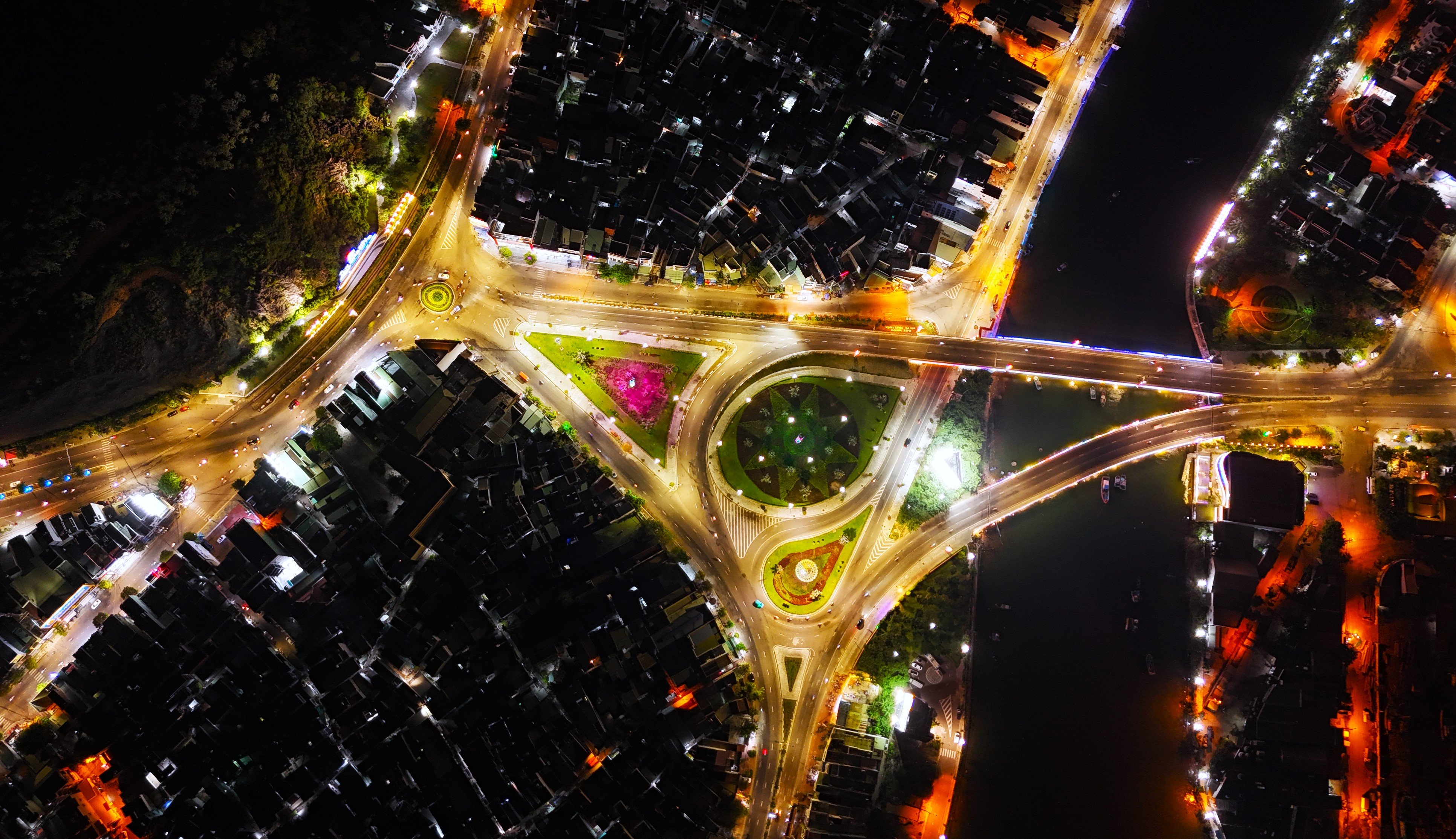

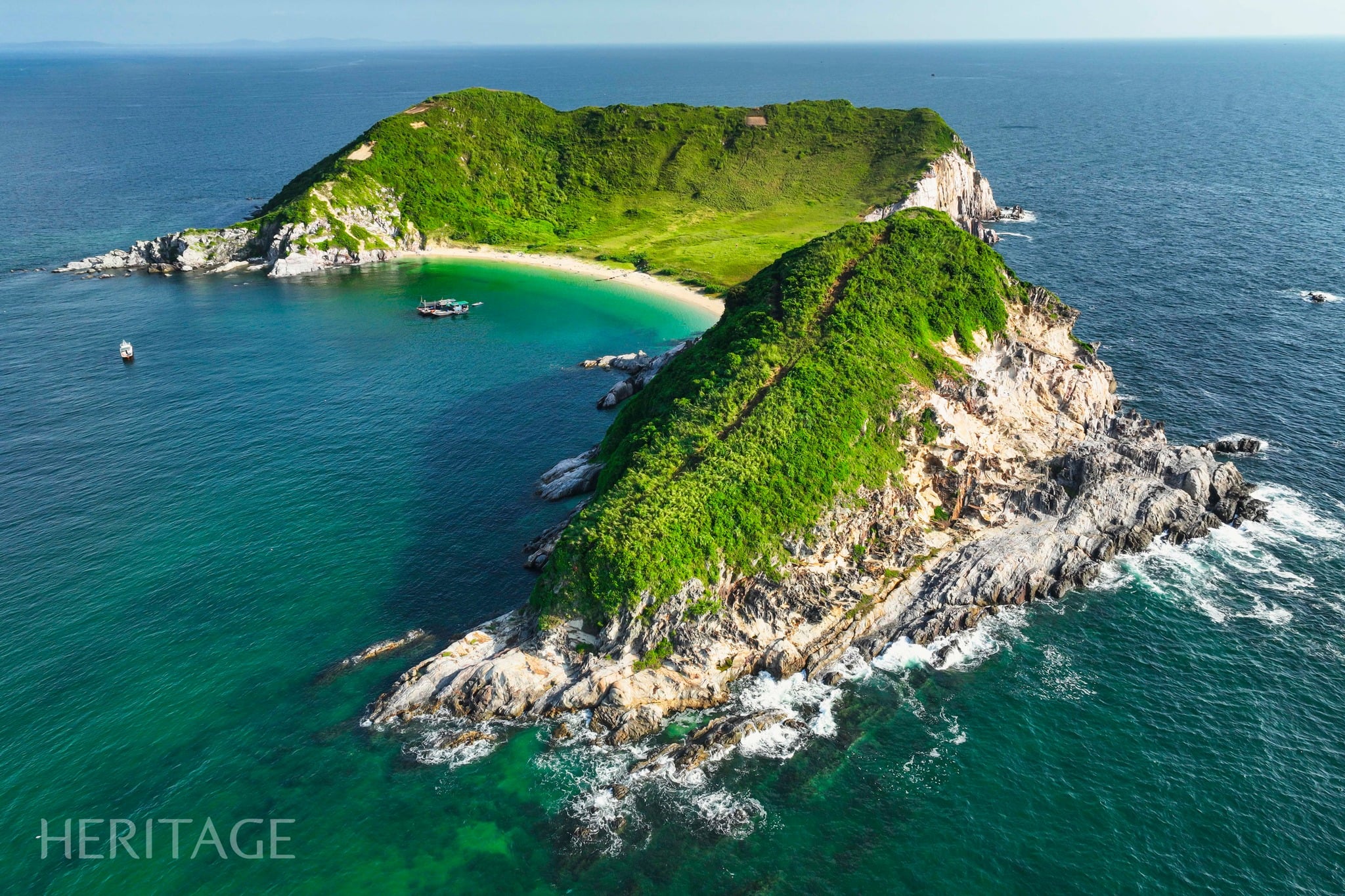

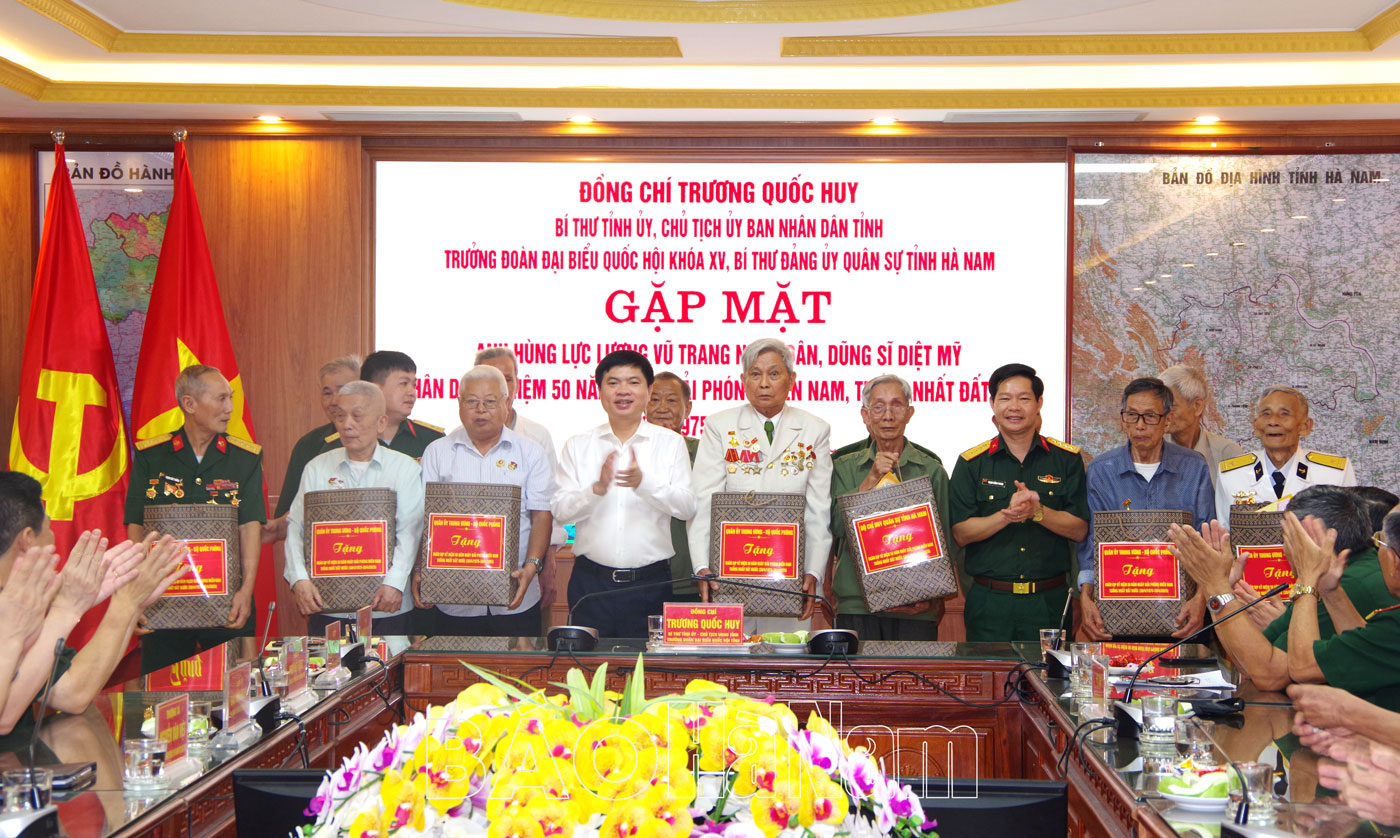

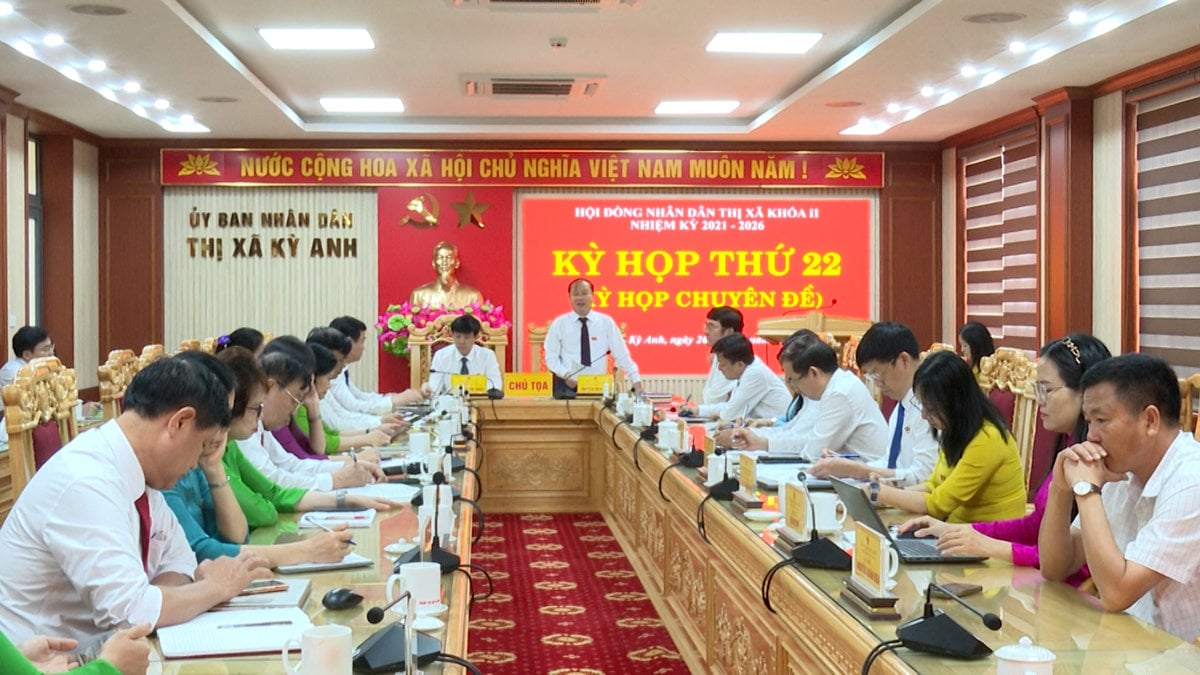
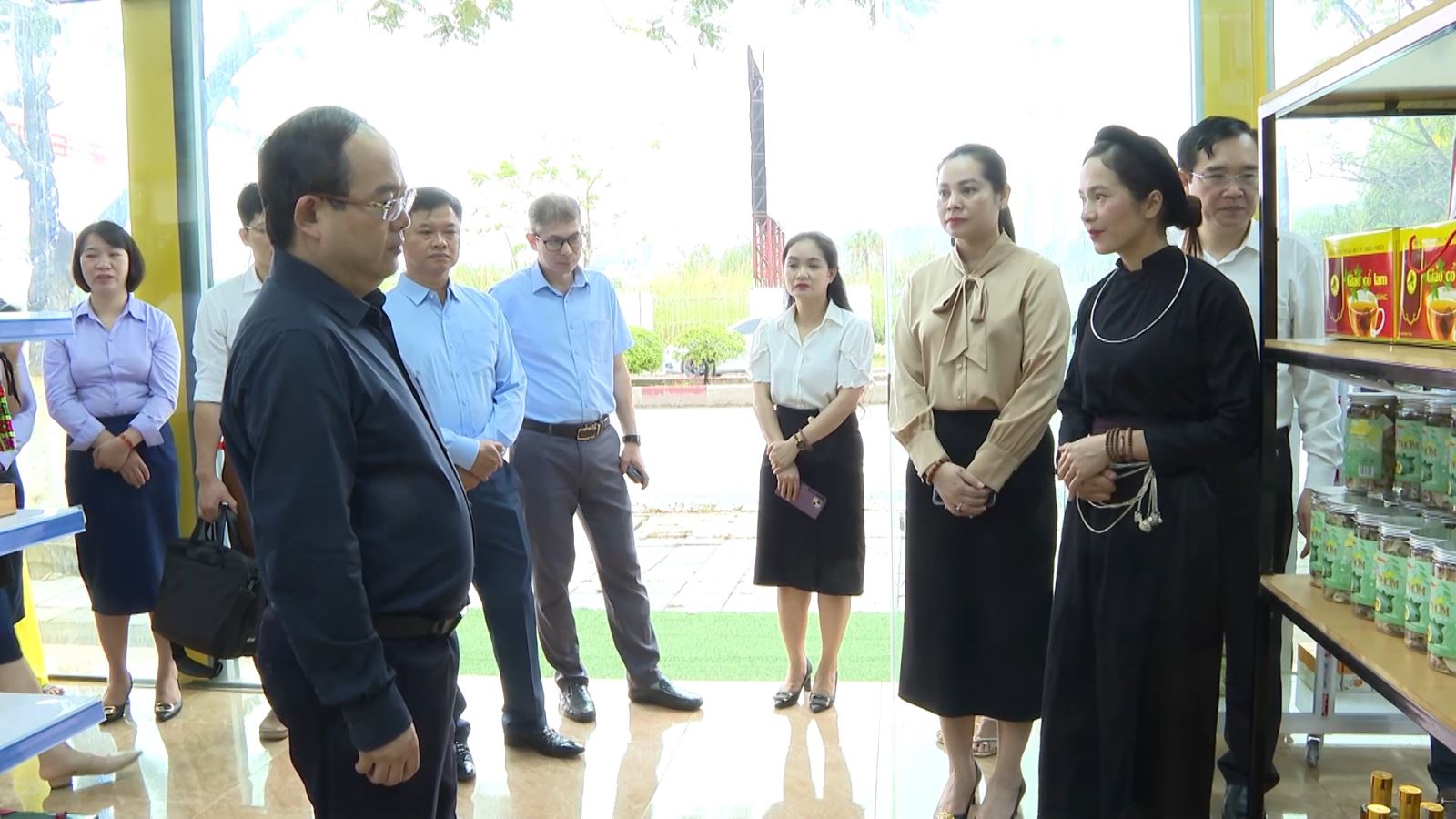
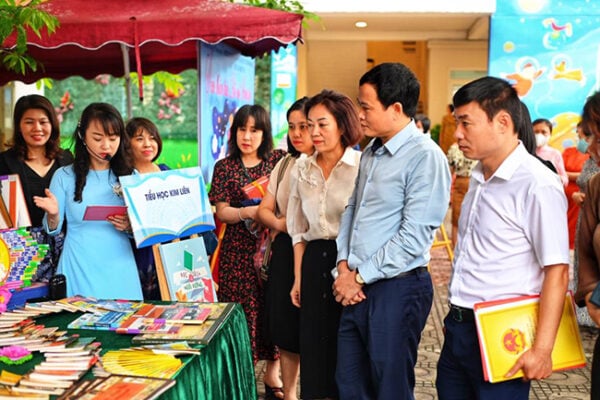
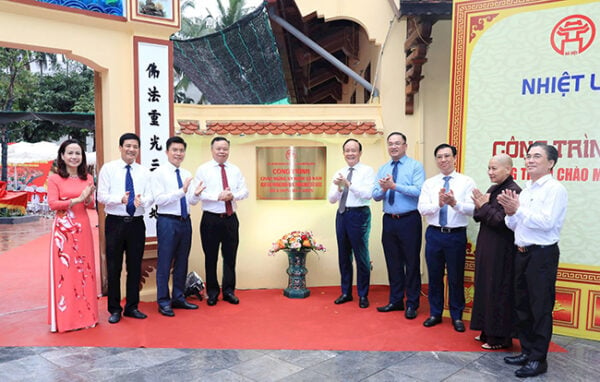


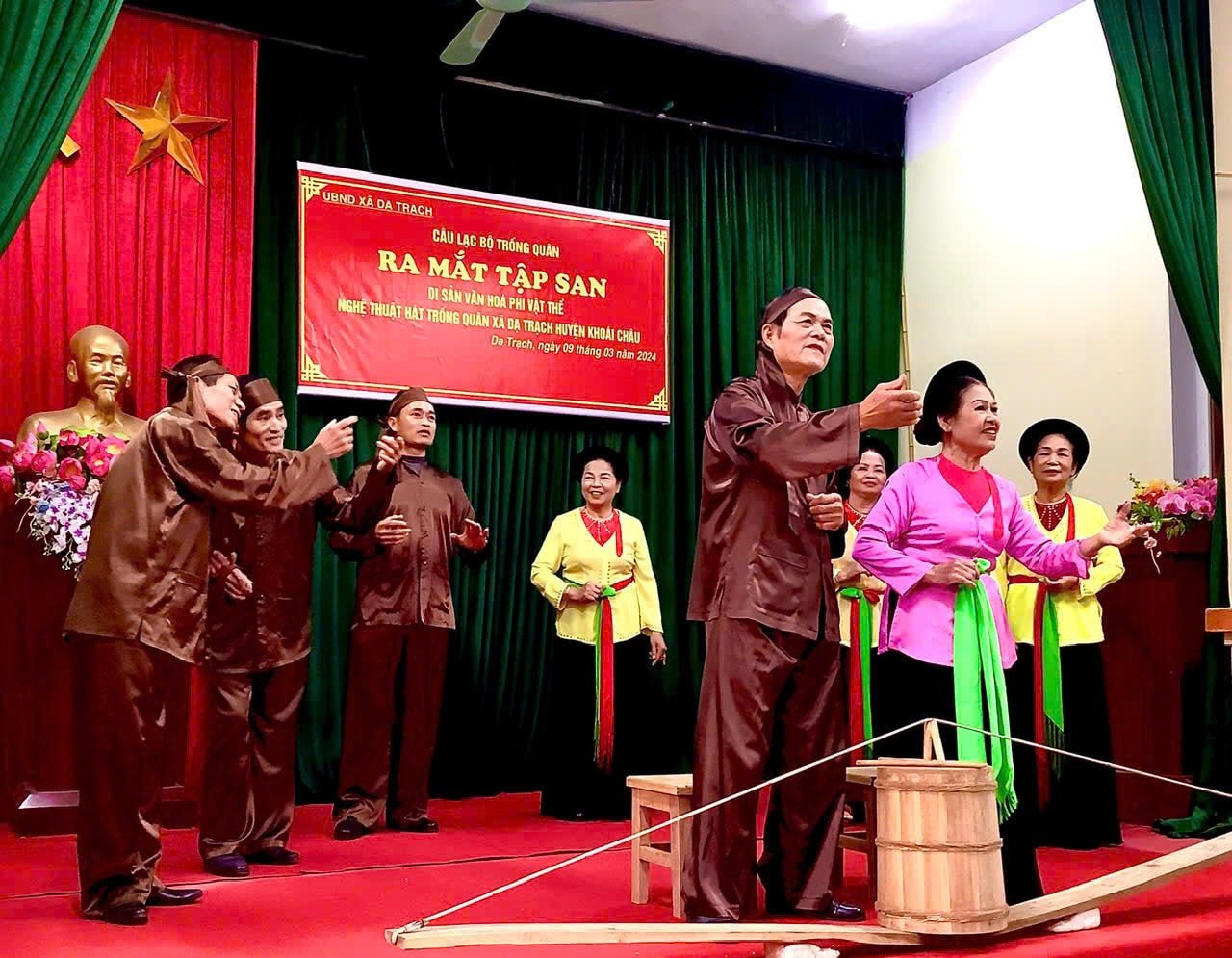



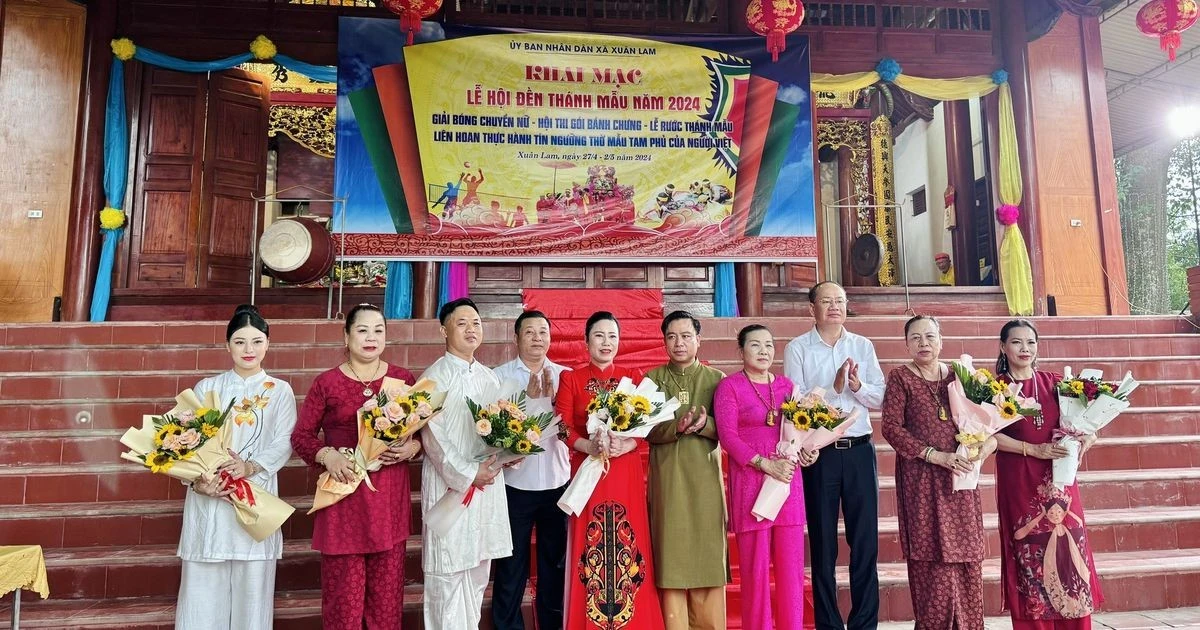
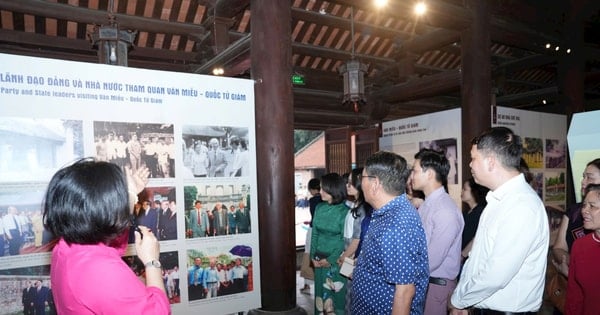

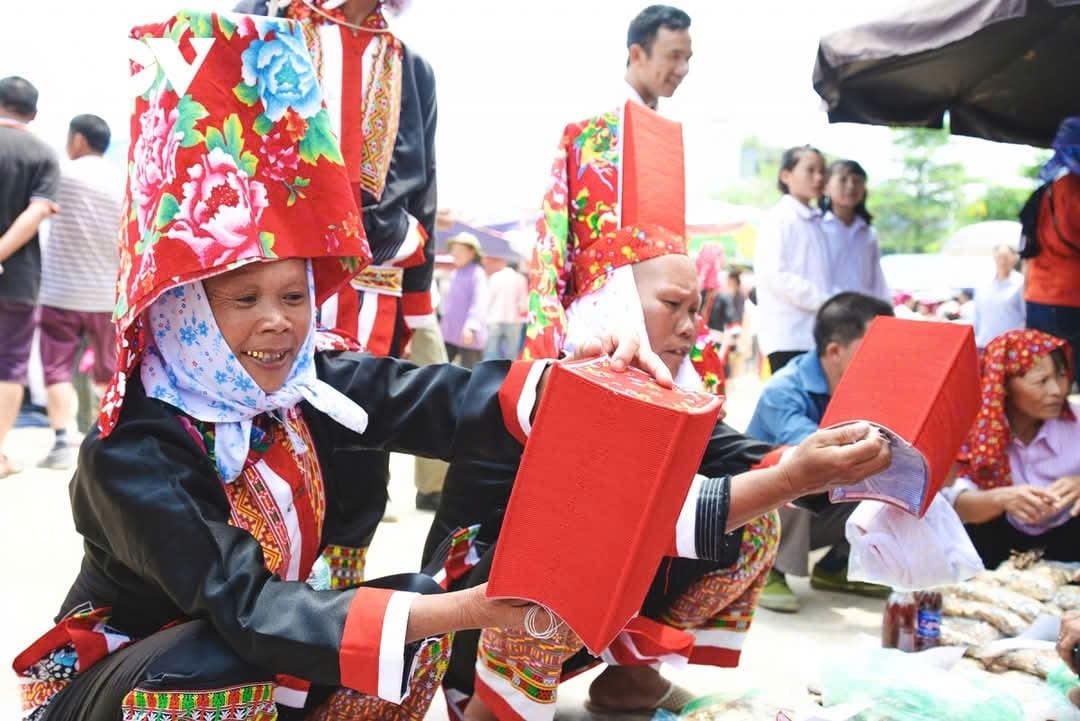

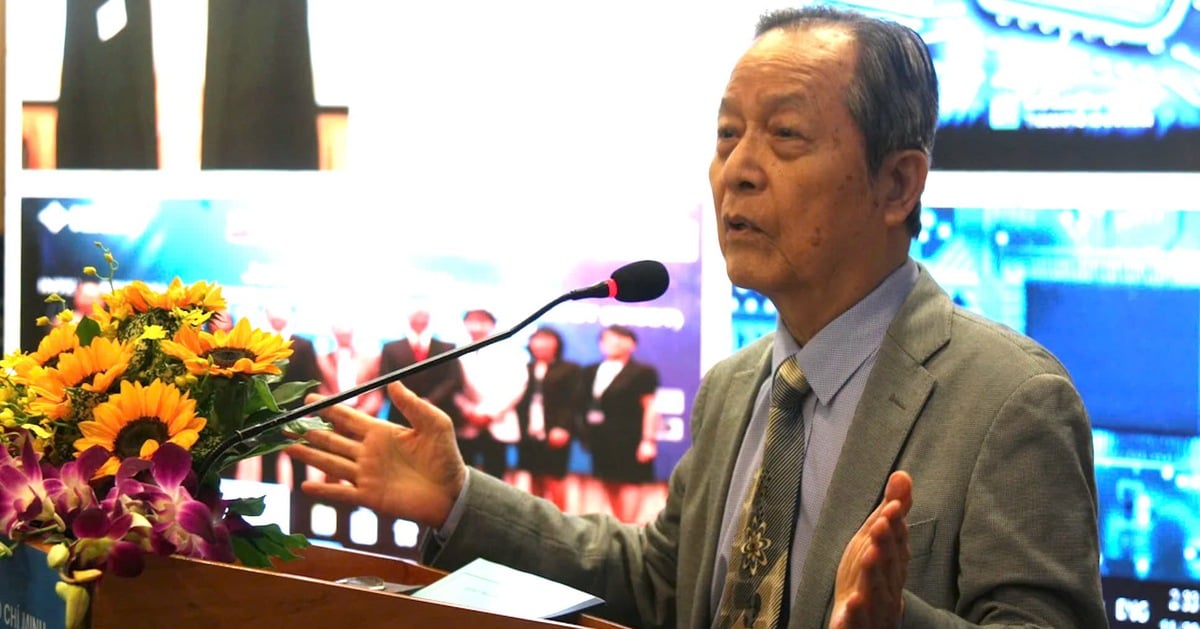

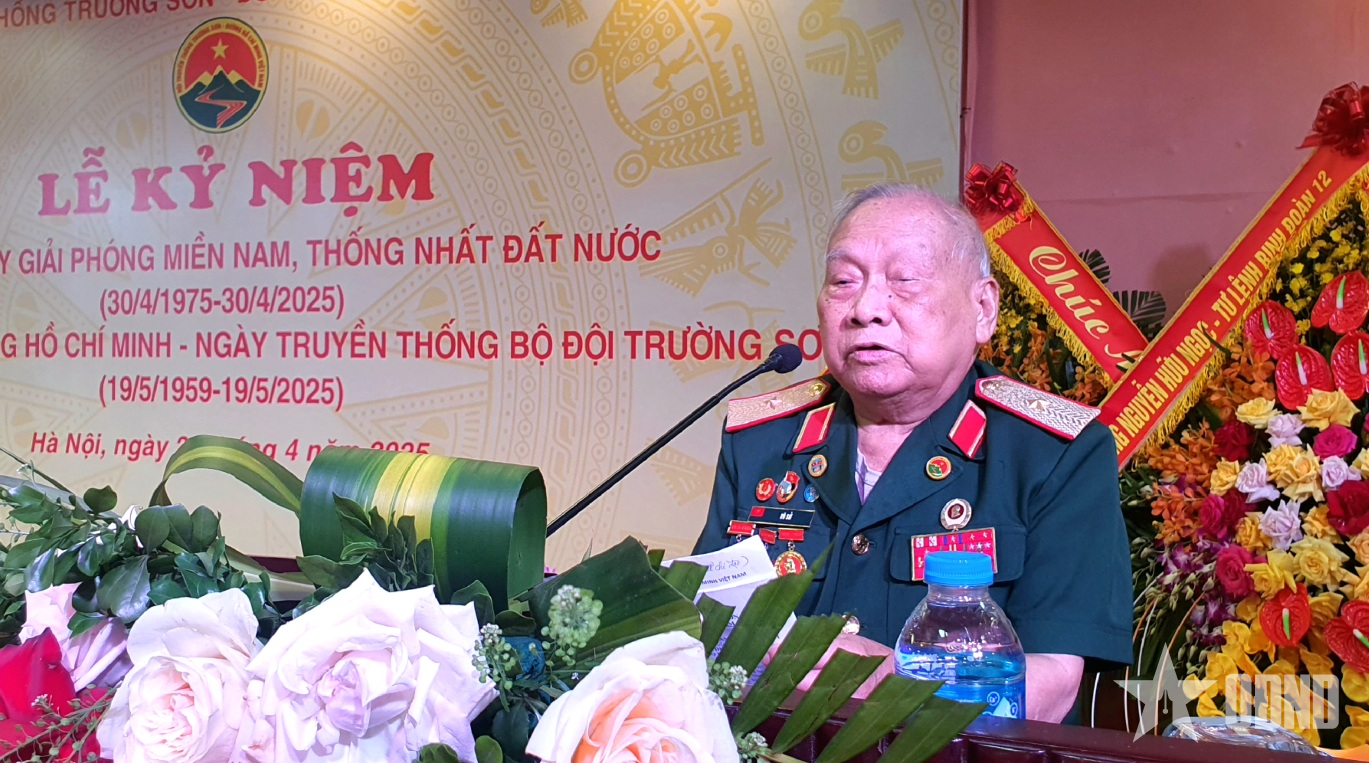

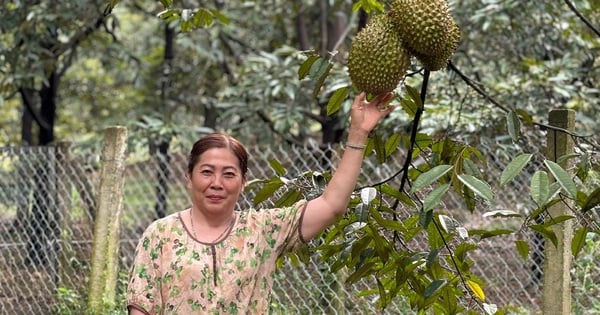






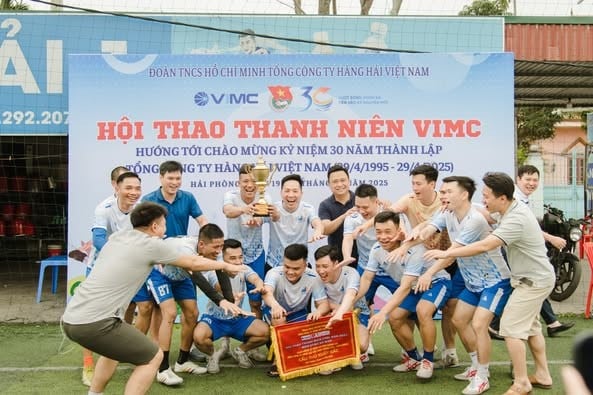

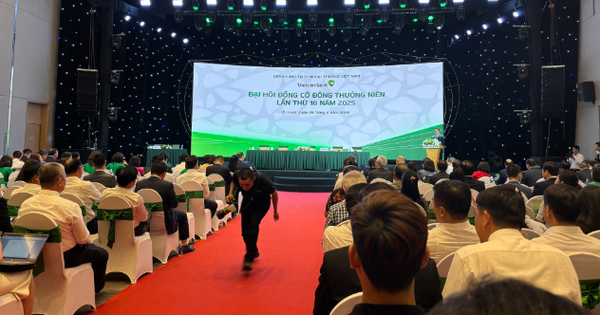


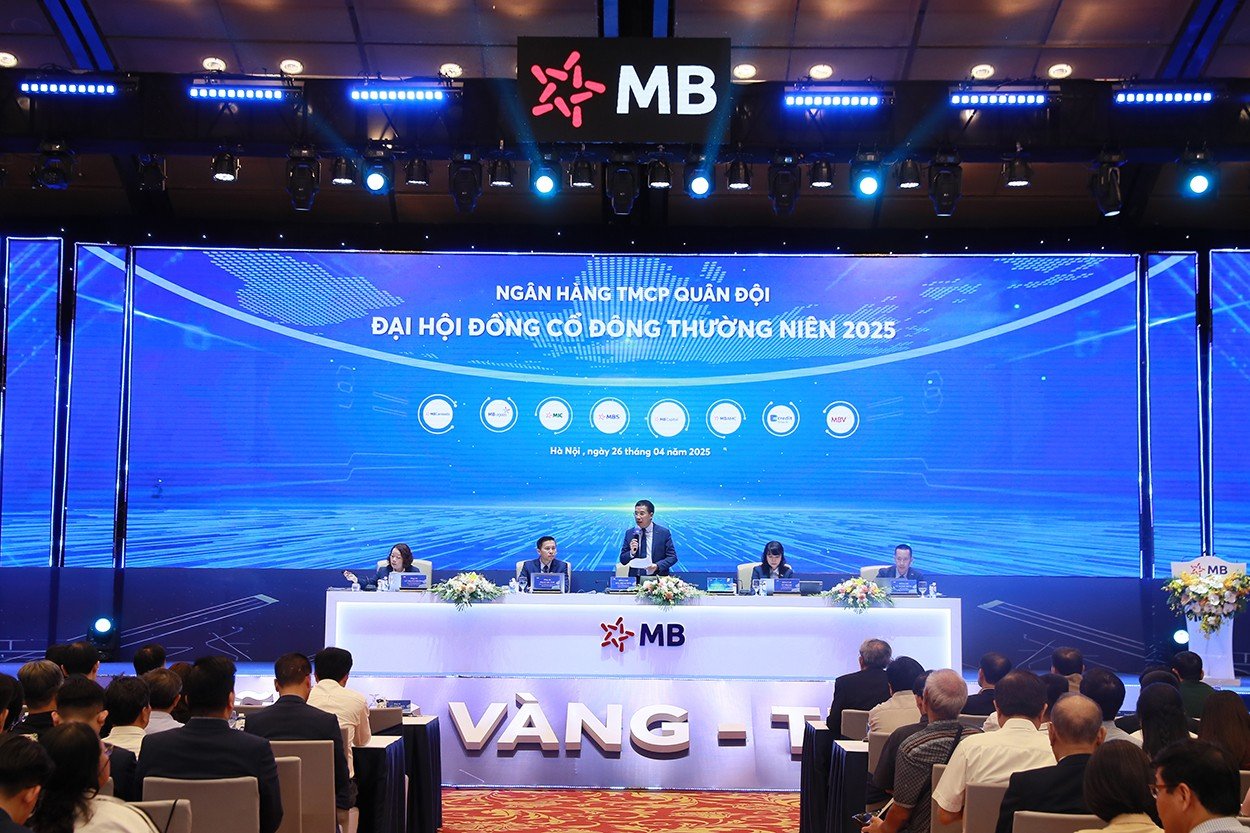
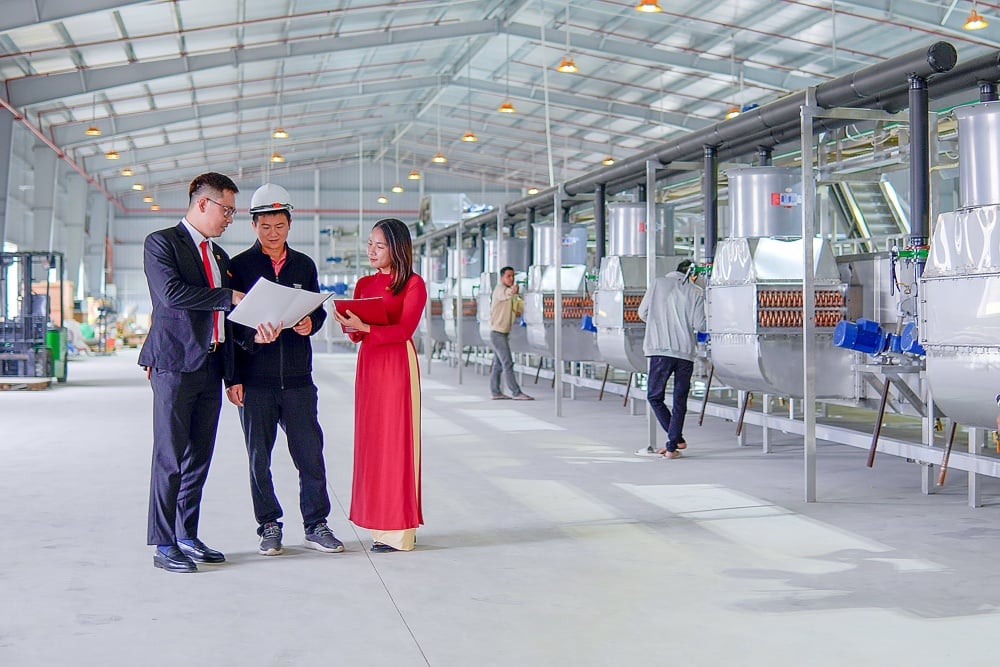

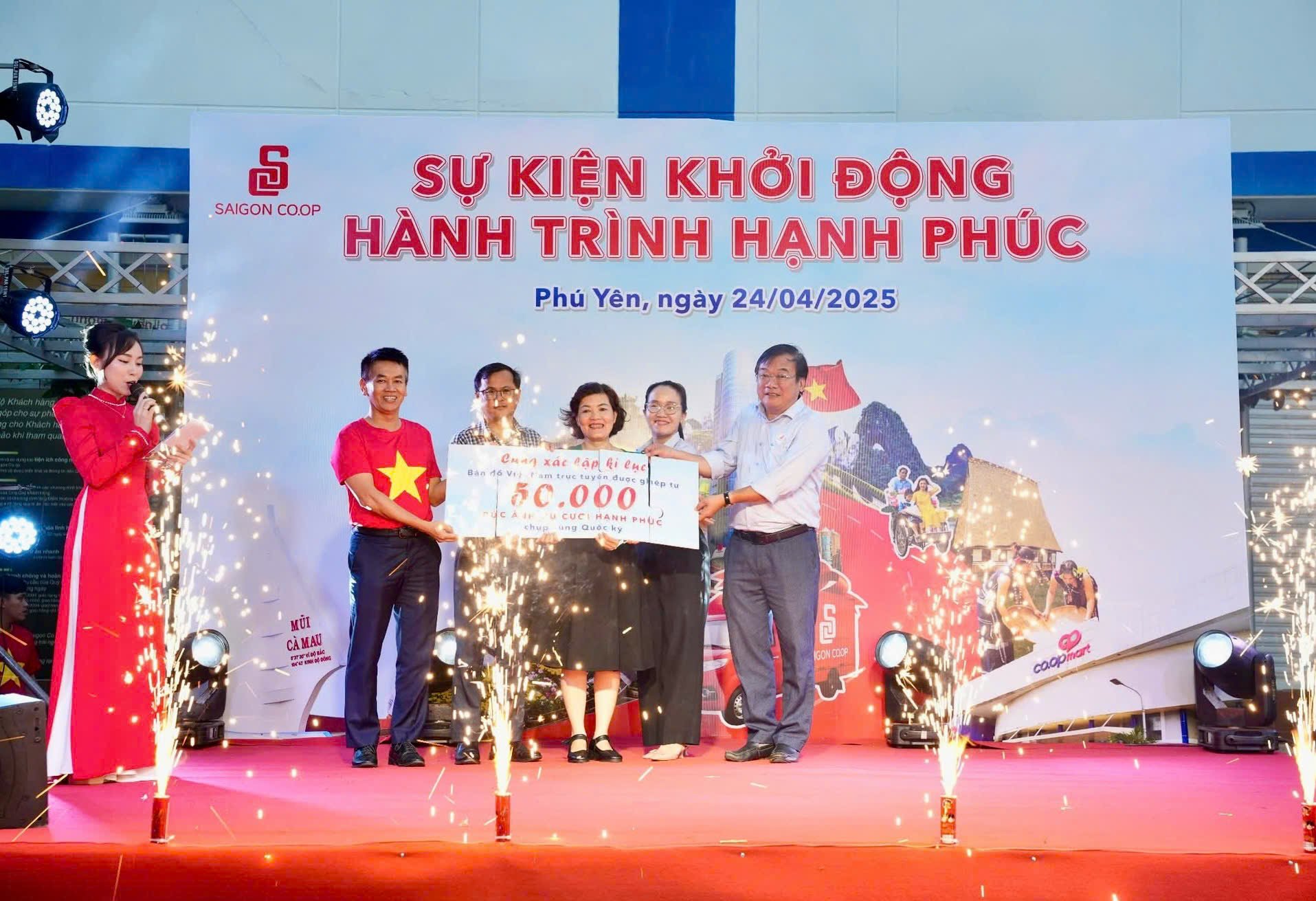





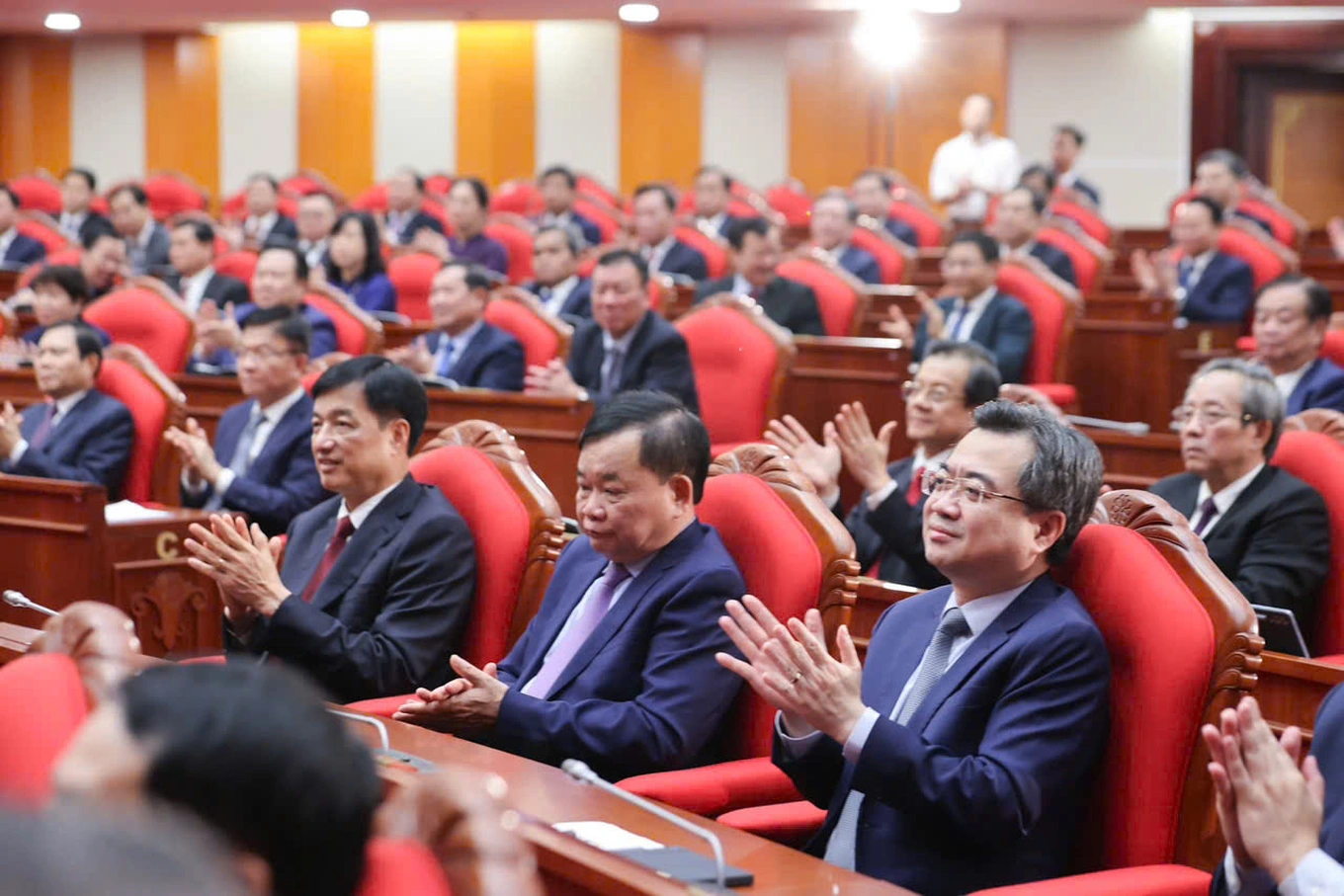
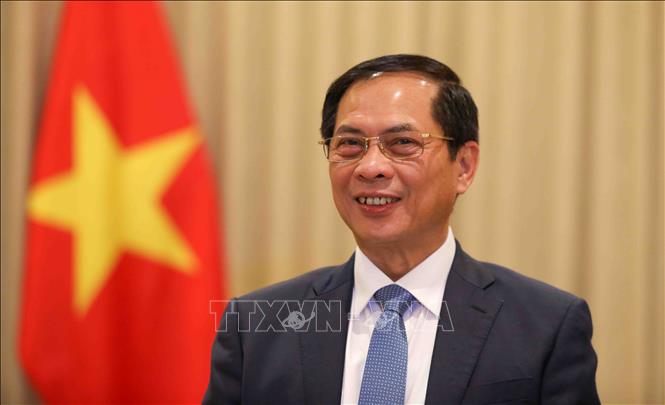


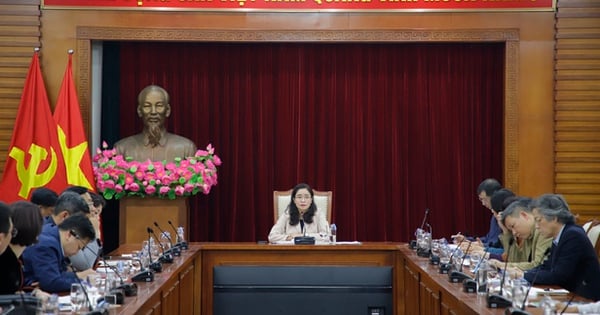

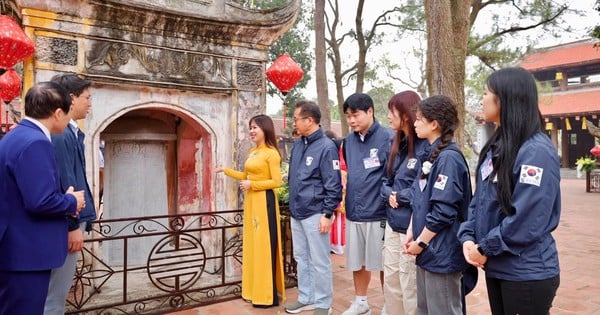
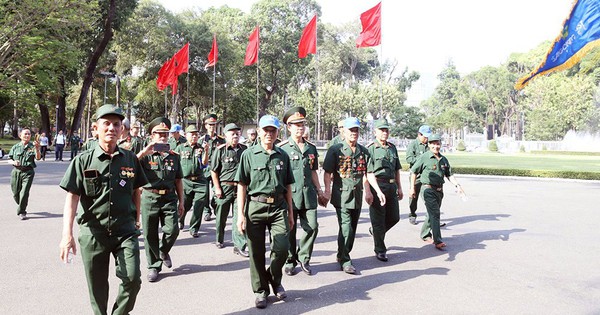

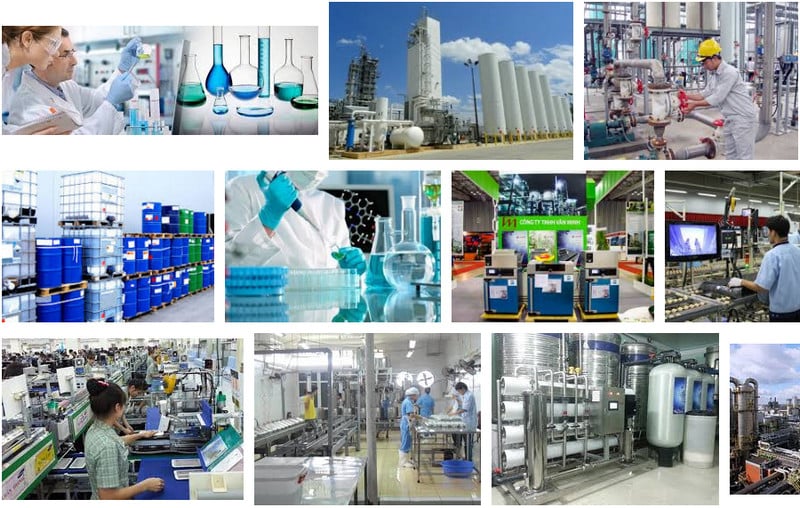

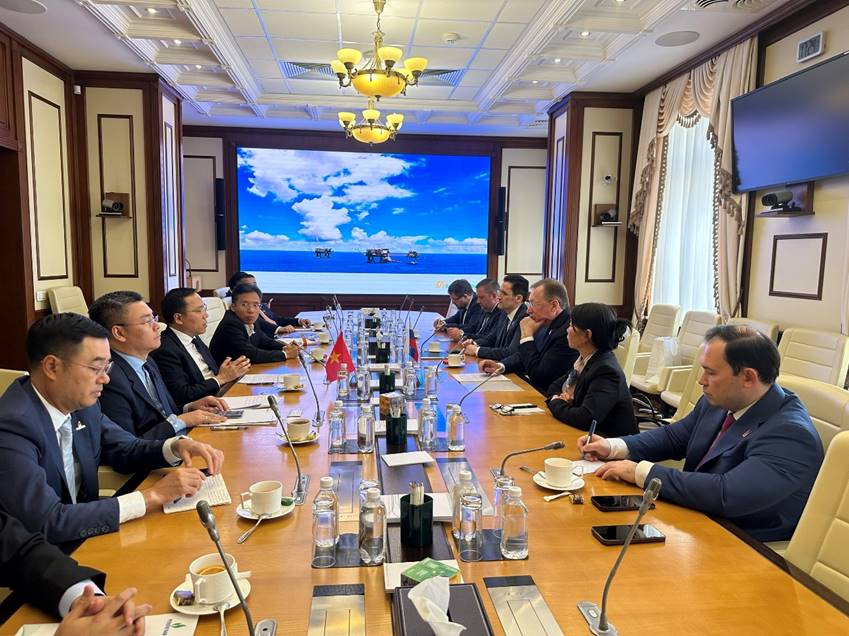
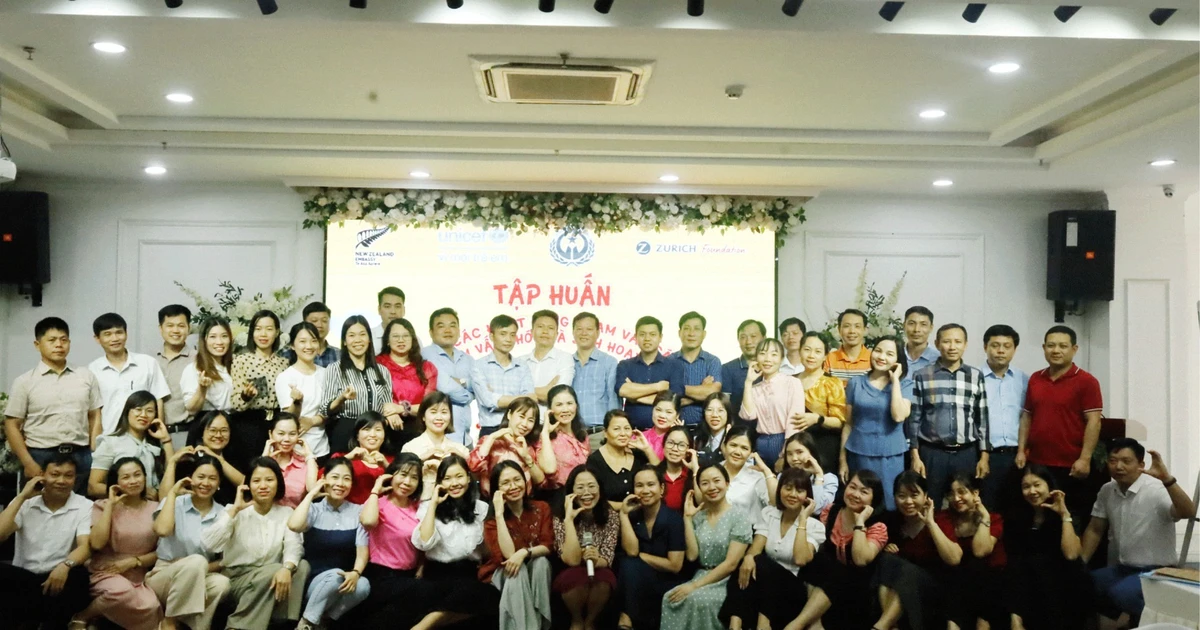
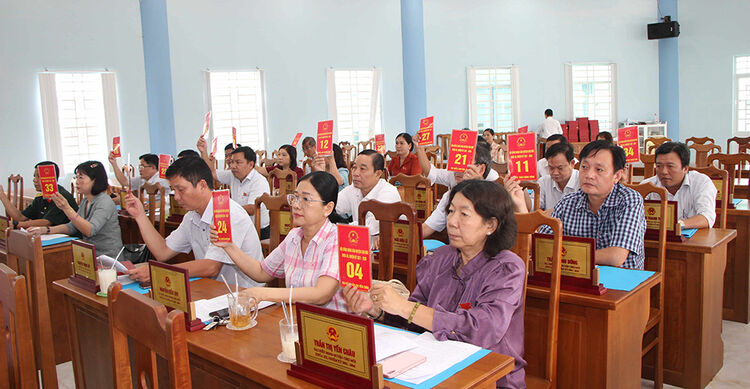

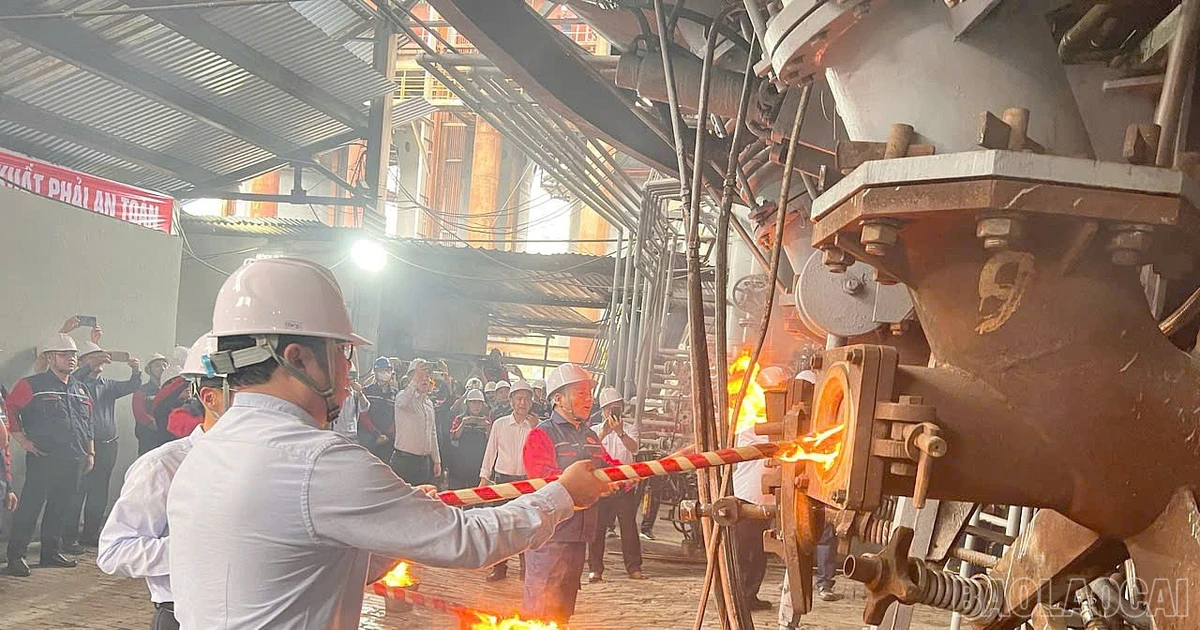


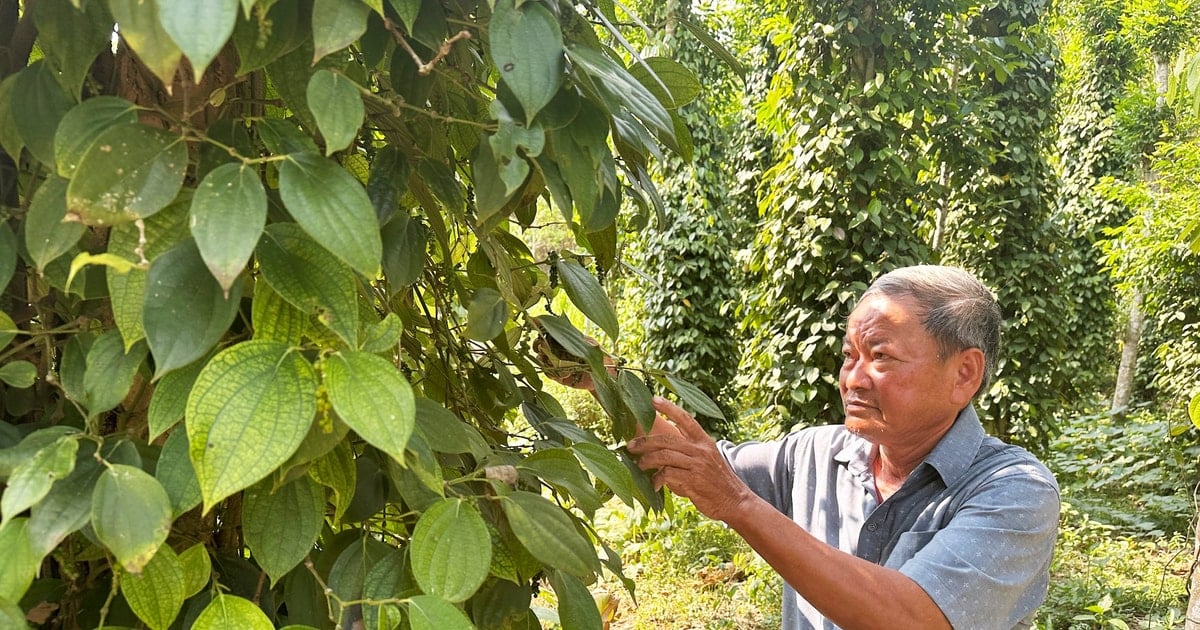

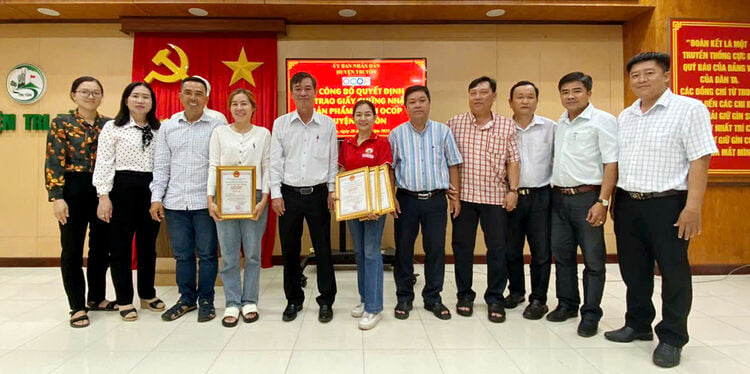
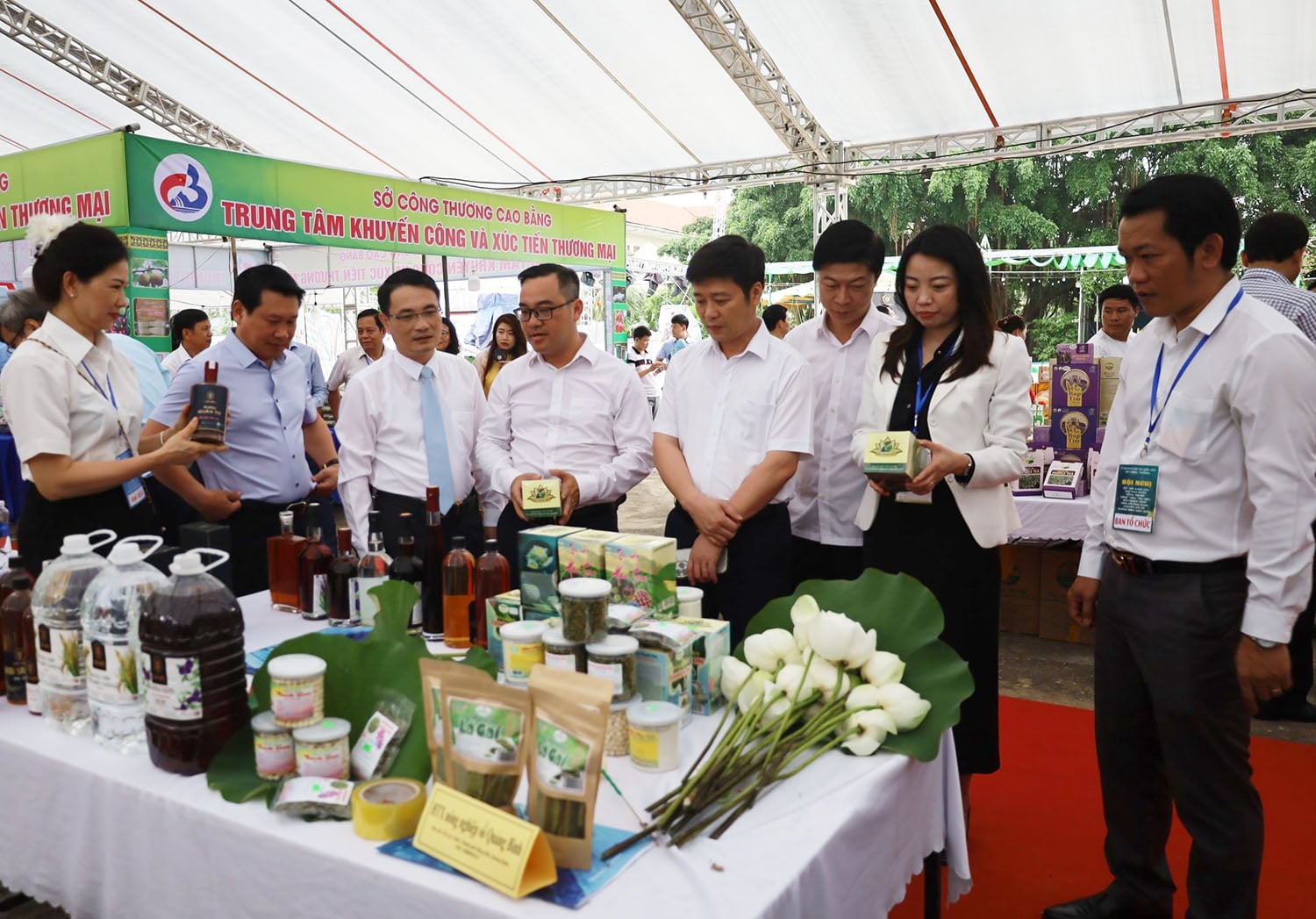

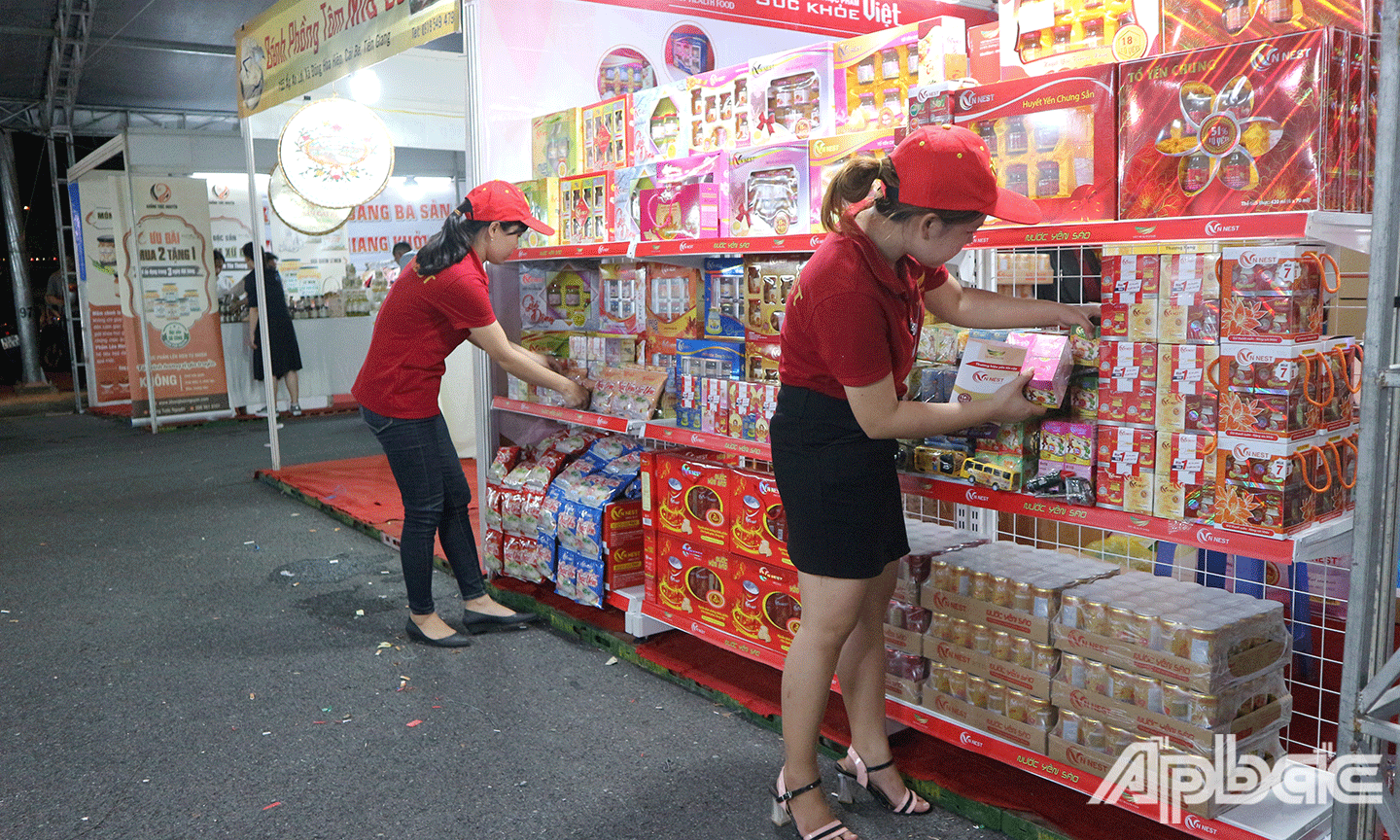

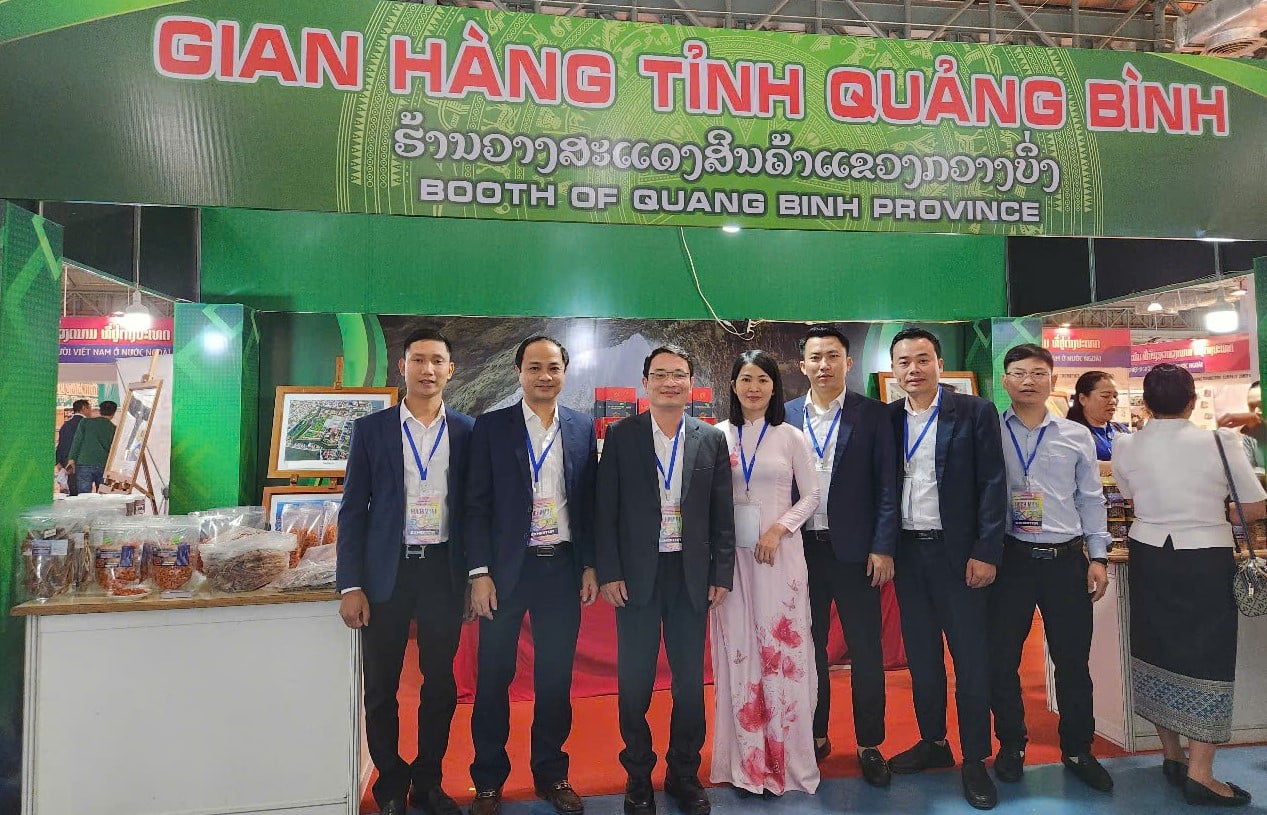
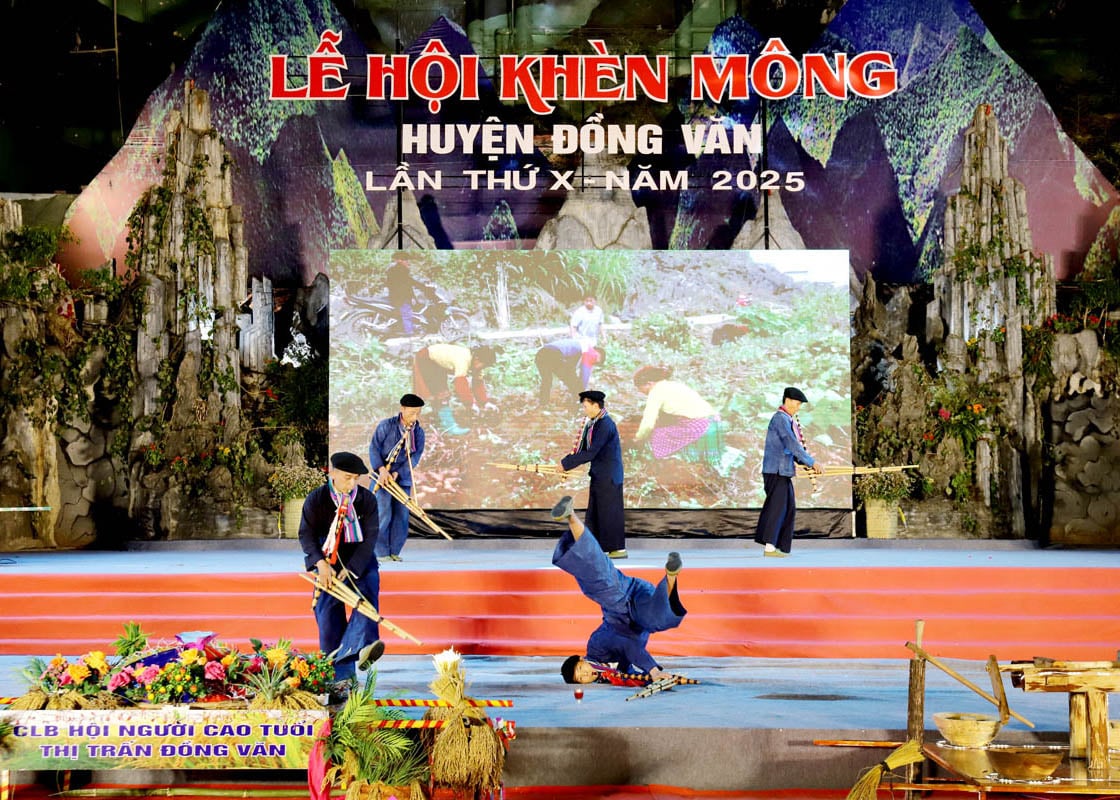

Comment (0)